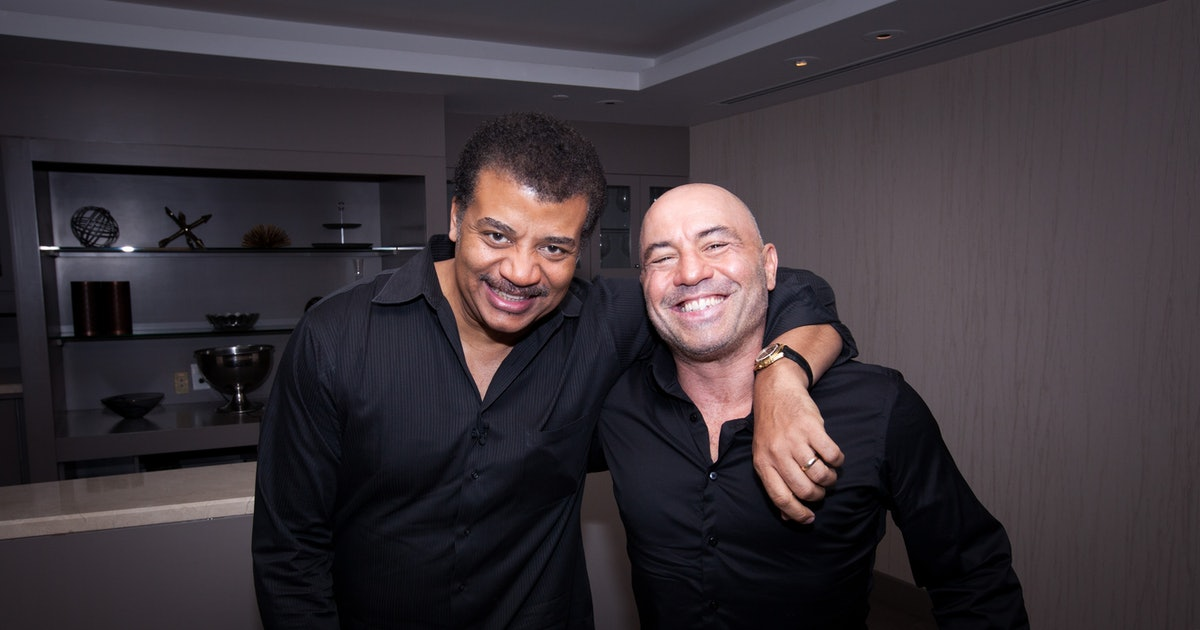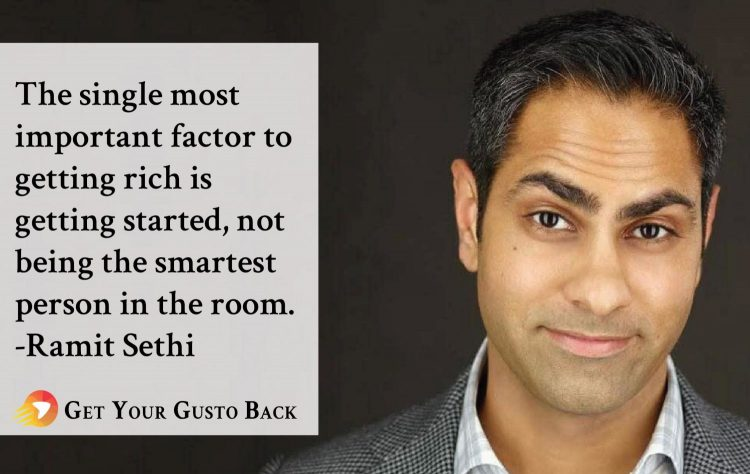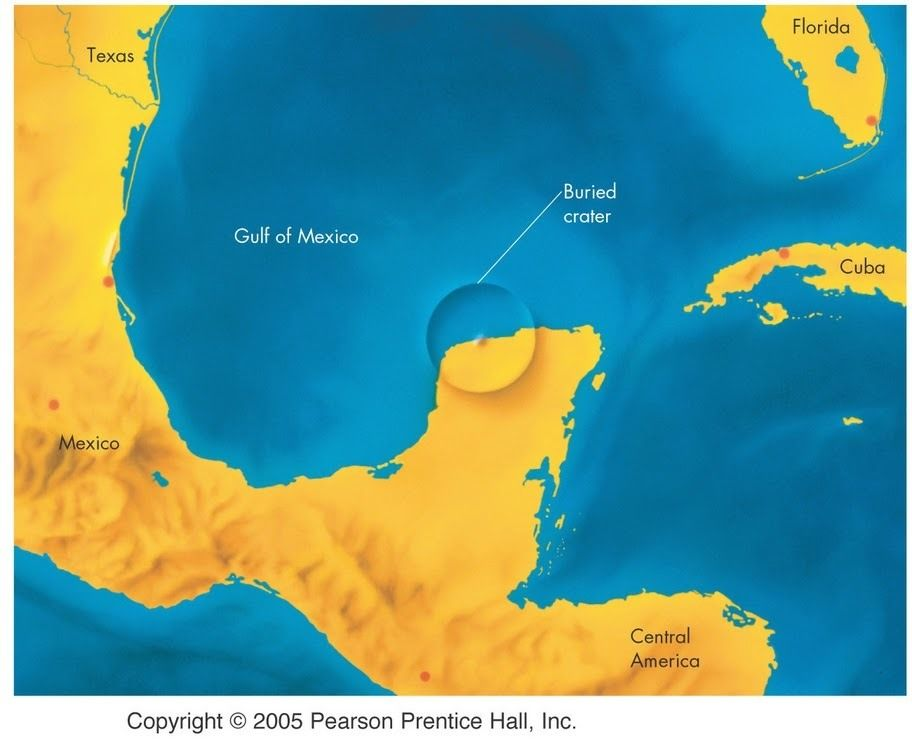“What man actually needs is not a tensionless state but rather the striving and struggling for some goal worthy of him.”
~Viktor Frankl
Greetings from LA and Hawaii.
This week we learn about the value of having a long-term perspective and humanity’s impact on the earth. We also share some beginner investing ideas, copywriting advice, and a podcast episode with Neil deGrasse Tyson that we enjoyed. Our challenge is for you to spend some time with friends.
Doing Long Term
It’s no secret that humans love instant gratification. Our brain’s reward system — action, dopamine (i.e. happy chemical) release, strengthening of that neural pathway, repeat — is built to encourage us to do things that benefit us; in ancient times, to hunt, gather, and have sex.
But 21st-century humans are quite good at short-circuiting this reward system. Drugs, pornography, video games, social media, television — all of these things trick our brain into thinking that we’ve done something beneficial and so we get a hit of dopamine. That reward strengthens the neural pathway and eventually a habit is built. And we end up spending hours every day doing nothing but looking at screens.
(This is why screens can feel so damn addictive sometimes)
In and of itself, that’s not a bad thing. But it’s certainly something we need to be aware of. More importantly, it’s something we need to contemplate; we each need to decide for ourselves how much instant gratification is acceptable and how much is too much.
Additionally, it’s worth taking a moment to remind ourselves of just how powerful a long-term perspective can be for our health and success. On the Collaborative Fund, Morgan Housel argues that…
“Long term is harder than most people imagine, which is why it’s more lucrative than many people assume. Everything worthwhile has a price, and the prices aren’t always obvious. The real price of long term – the skills required, the mentality needed – is easy to minimize, often summarized with simple phrases like ‘be more patient,’ as if that explains why so many people can’t. To do long term effectively you have to come to terms with a few points.”
She then dives into 5 worthwhile points to help adjust your mindset to a long-term perspective. You can read the rest of Morgan’s article here — ironically, it’s a quick and easy read.
Joe & Neil

Neil deGrasse Tyson is one of our favorite astrophysicists. He has a way of simplifying and explaining complex concepts so that the average person (i.e. Alec and I) can learn more about our universe. Joe Rogan recently hosted Neil on episode 1658 of his podcast and it’s an interesting discussion. Joe Rogan clearly believes in aliens and Neil explains why aliens are unlikely to be visiting us. They also discuss Neuralink (a company that is trying to put chips in people’s brains) and lots of interesting stuff about space.
Investing Ideas

Building wealth is a matter of saving. If you spend everything you have on liabilities (things that decrease in value) rather than assets (things that increase in value), it’ll be impossible to build long-term wealth.
That’s why investing — understanding and implementing — is so important. Fortunately, it’s probably not as difficult or complicated as you think. In an effort to understand investing myself, I (Mike) wrote a detailed article a few years ago. You can read it over here. I explain the investor’s mindset, investment options for beginners, and how to create a plan for retirement.
The 6th Extinction

“On an otherwise ordinary day sixty-five million years ago,” Elizabeth Kolbert writes in The Sixth Extinction, “an asteroid six miles wide collided with the earth. Exploding on contact, it released energy on the order of a hundred million megatons of TNT, or more than a million of the most powerful H-bombs ever tested. Debris, including iridium from the pulverized asteroid, spread around the globe. Day turned to night, and temperatures plunged. A mass extinction ensued.”
This is known as the Cretaceous-Paleogene Extinction — it wiped out the dinosaurs, as well as, according to the Museum of Natural History, the “pterosaurs and extinguished many species of early mammals and a host of amphibians, birds, reptiles, and insects.”
This is one of 6 extinction events that scientists are aware of, the most current of which, coined the Megafauna Extinction, we’re not only living through… but causing. Most scientists agree that the current rate of extinction is hundreds or thousands of times higher than the baseline rate and that this increase is being caused by humanity — it’s estimated that 150 species go extinct every day.
Partly, the current extinction is due to mankind’s ability (and drive) to migrate. As we’ve moved around the globe, we’ve brought invasive species to ecosystems that aren’t prepared to compete with the newcomer. Referring to when ancient humans started migrating, Kolbert writes, “The sequence of the [extinction] pulses and the sequence of human settlement… line up almost exactly.” More recently, human-led climate change is warming up the earth, acidifying the oceans, and destroying coral reefs (which support many oceanic lifeforms).
Already, humans have left a layer of crust in the earth that will indicate mass extinction thousands and millions of years from now — if there’s a sophisticated species to discover it.
Kolbert concludes, “Though it might be nice to imagine there once was a time when man lived in harmony with nature, it’s not clear that he ever really did.”
The human species has many wonderful and powerful qualities — ingenuity, the ability to manipulate nature, show kindness and love, control our urges and admire beauty…
But with great power comes great responsibility.
Are we being good stewards of our earth?
Kolbert’s book is both important and approachable — one we recommend picking up if you want to learn more about the human species and how we’ve impacted (and are continuing to impact) the earth’s ecology over the last 50,000 years.
Copywriting
Want to become a better writer? After 10 years as a copywriter, Eddie Shleyner just shared 16 resources — “9 books, 3 blogs, 2 movies, 1 show, and 1 podcast” — that have helped him the most in his career in a Twitter thread.
If you’ve thought of becoming a copywriter — or if you are a copywriter — then it’s worth checking out.
Extra Stuff
Here’s some other stuff that caught our attention this week…
- The Endless Work of Trying to Win Yourself a New Life by New Republic
- Brains in a Dish by Aeon
- IS THE SECOND-CHEAPEST WINE A RIP-OFF? by AAWE
The Weekly Challenge
Humans are social creatures. And while social media can help fulfill our desire for person-to-person interaction, it’s not enough. So this week we challenge you to get together with friends. Have them over for dinner, play some games, or just grab a beer. It’ll be a good reminder of how important family and friends are for maintaining our mental health.
Until next week!
Mike & Alec
